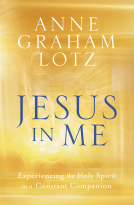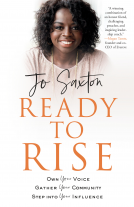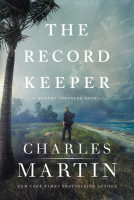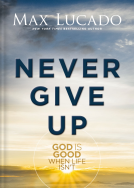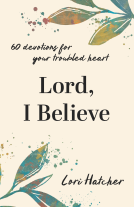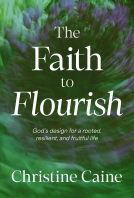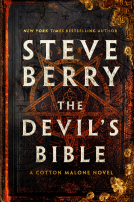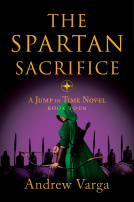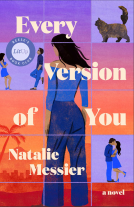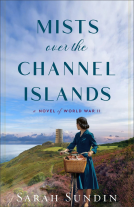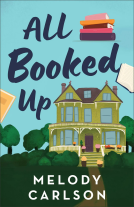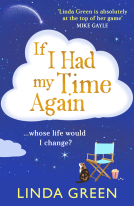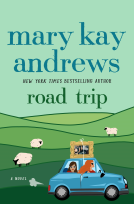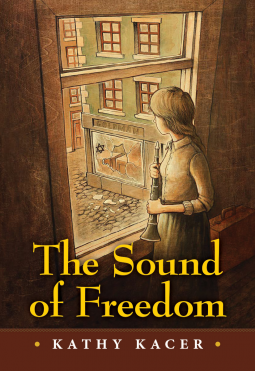
The Sound of Freedom
by
This title was previously available on NetGalley and is now archived.
Send NetGalley books directly to your Kindle or Kindle app
1
To read on a Kindle or Kindle app, please add kindle@netgalley.com as an approved email address to receive files in your Amazon account. Click here for step-by-step instructions.
2
Also find your Kindle email address within your Amazon account, and enter it here.
Pub Date Mar 13 2018 | Archive Date Nov 13 2018
Annick Press Ltd. | Annick Press
Talking about this book? Use #TheSoundOfFreedom #NetGalley. More hashtag tips!
Description
Anna and her family have only one hope left to escape certain doom.
It’s 1936 and life is becoming dangerous for the Jews of Krakow. As incidents of violence and persecution increase day by day, Anna begs her father to leave Poland, but he insists it’s impossible. How could he give up his position as an acclaimed clarinetist in the Krakow Philharmonic Orchestra? When Anna and her father barely escape from a group of violent thugs, it becomes clear that the family must leave. But how? There seems to be only one possibility. Bronislaw Huberman, a world-renowned violinist, is auditioning Jewish musicians for a new orchestra in Palestine. If accepted, they and their families will receive exit visas. Anna and her grandmother boldly write to Huberman asking him to give Anna’s father an audition, but will that be enough to save them? This poignant story is based on real events in pre-war Poland and Palestine. After saving seven hundred Jews and their families, Huberman went on to establish what later became the Israel Philharmonic Orchestra.
Against an ominous background of the impending Holocaust in Europe and the first Arab-Israeli war, The Sound of Freedom still manages to remind the reader of the goodness in the world.
A Note From the Publisher
Set in pre-Holocaust Poland and Israel prior to the first Arab-Israeli conflict;
Features Bronislaw Huberman, world-class violinist and founder of the Israeli Philharmonic Orchestra;
Set in pre-Holocaust Poland and Israel prior to the first Arab-Israeli conflict;
Marketing Plan
National Review Mailing
Review mailing to online media contacts, bloggers
E-galley on NetGalley.com
Social media: Instagram, Pinterest, Facebook, Twitter, Goodreads, Annick Blog
Edelwiess, Catalist, Bookmanager digital catalogsPrint advertising in key journals
Niche marketing to Jewish organizations, publications, bookstores
Banner ads
E-Blasts
Bookmarks
Video trailer
Full-page author feature in PW
Available Editions
| EDITION | Other Format |
| ISBN | 9781554519705 |
| PRICE | $18.95 (USD) |
| PAGES | 256 |
Links
Average rating from 26 members
Featured Reviews
 Educator 253159
Educator 253159
I'm going to use this book in our classroom as we study World War II. It provides a perspective that I've not seen before in children's books, including the immigration to Palestine, and also opens the door for a lesson on classical music and musical instruments. This is a nice book to add to any classroom collection!
